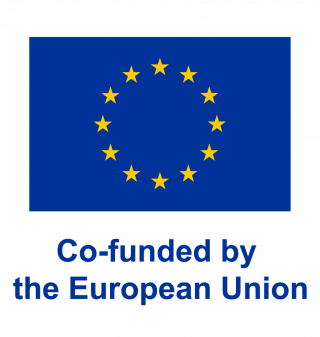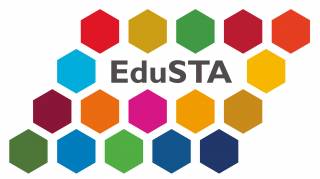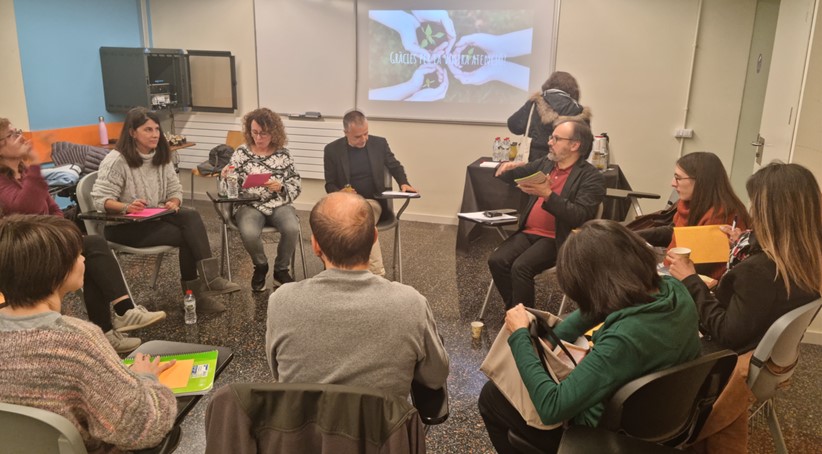Research sample included head teachers (school principals), pre-service teachers, in-service teachers at VET schools, ESD experts and policy makers.
The role of ESD in policy documents varies considerably from country to country. In countries where ESD it’s not identified as a national priority, it is mentioned as a transversal issue, cross-curricular agenda, or a means to achieve SDGs. Moreover, there are no legal requirements on ESD teachers’ competences, nor comprehensive documents available on professional development in this area, there is not a clear path on how to implement those policies neither in pre-service nor in in-service training.
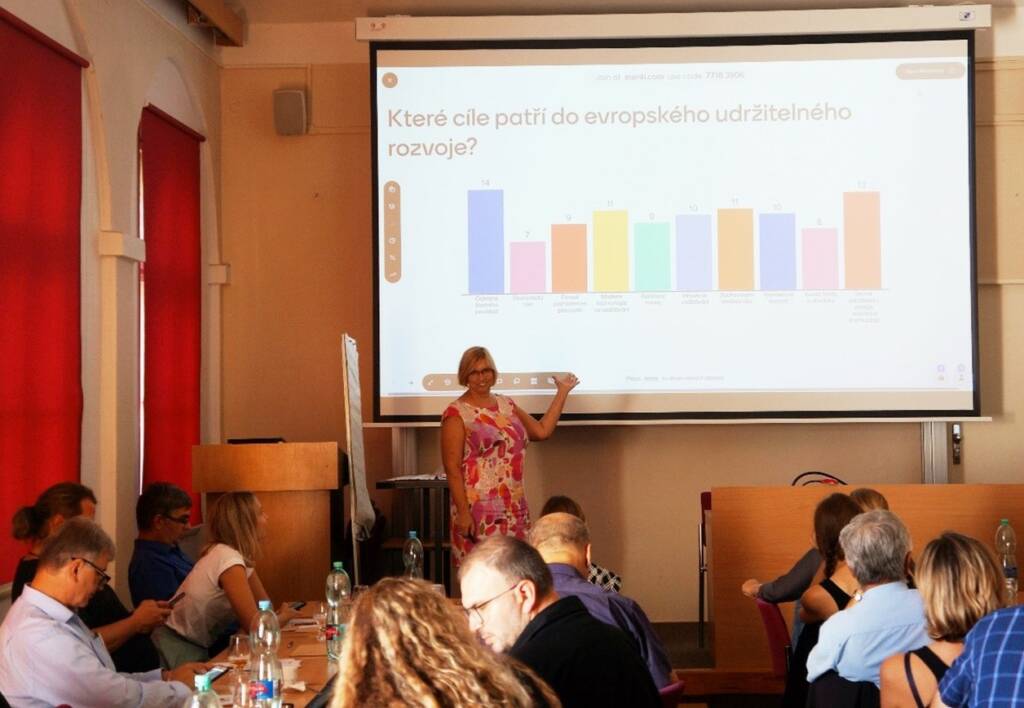
ESD strategic plans include specific teacher training, but this is often not mandatory for educational institutions (not applicable for Sweden, and partially for Finland). This approach is with correlation of one of Czech interviewed headmasters. She literally said
“The way to develop a teacher is through self-awareness. Any development must be promoted non-violently.”
On the contrary, in Swedish universities, ESD topics are obligatory and integrated into all programmes. In the Czech Republic, the Netherlands, and Catalonia, ESD is a part of the curricula in specific programmes within both the secondary and tertiary education –e. g. water management, environmental education – in other programmes it is addressed through crosscutting themes.
“Knowledge is very important. Teachers need specific sustainability knowledge in order to be empowered to lead the change in this area”, said one interviewed policy maker from Catalonia.
Most cited methods
Transdisciplinary approaches, critical and system thinking, futures literacy, active learning, ICT and sustainable and transformative learning (project-based learning, problem-solving designing, cooperative learning) are the most cited methods that should be used for training students in ESD. For instance, one interviewed VET teacher form Finish vocational school spoke about using ICT in own lessons more wisely:
“Technology should be included in teaching, but one should also consider the ecological or well-being impact of digitalization.“
At vocational schools in project countries, the ESD goals are being fulfilled mainly through different national projects or initiatives, e. g. projects “Templates” or “Clean Up Czechia” in the Czech Republic, “Roadmap for Sustainable Development in VET” within a project VASKI in Finland, recognizable national qualification “Working with Climate Responsibility”, “Green School Program” in Spain, national plan of the government “DuurzaamDoor” in the Netherlands.
Similarly, in Sweden, there are several certified ESD courses and programs offered both at Upper Secondary Schooling (Gymnasium) and Adult Education (Komvux), for example, certified “Green-Flag” (Grön-Flagg) secondary schools. “Keep Sweden Clean” (Håll Sverige Rent).
The interviewed stakeholders confirmed, as stated in national policy documents, that the positions of ESD coordinator or manager do not exist by themselves in Catalan, Czech, Dutch, Finnish, and Swedish schools. There are some positions, which correspond only with several concrete ESE areas and the goals sometimes overlap, e. g. educational and career counsellor (ESD goal 4, 8, 10), special needs counsellor (ESD goal 1, 3, 4, 10), prevention methodologist (ESD goal 3, 4, 5, 10, 16) or project manager (ESD goal 4, 9, 17) in all the analysed countries, or environmental education and awareness coordinator (ESD goal 3, 6, 7, 11, 12, 13, 14, 15) or ICT coordinator (ESD goal 4, 8, 9) in Czech vocational schools (established voluntary upon head teacher decision).
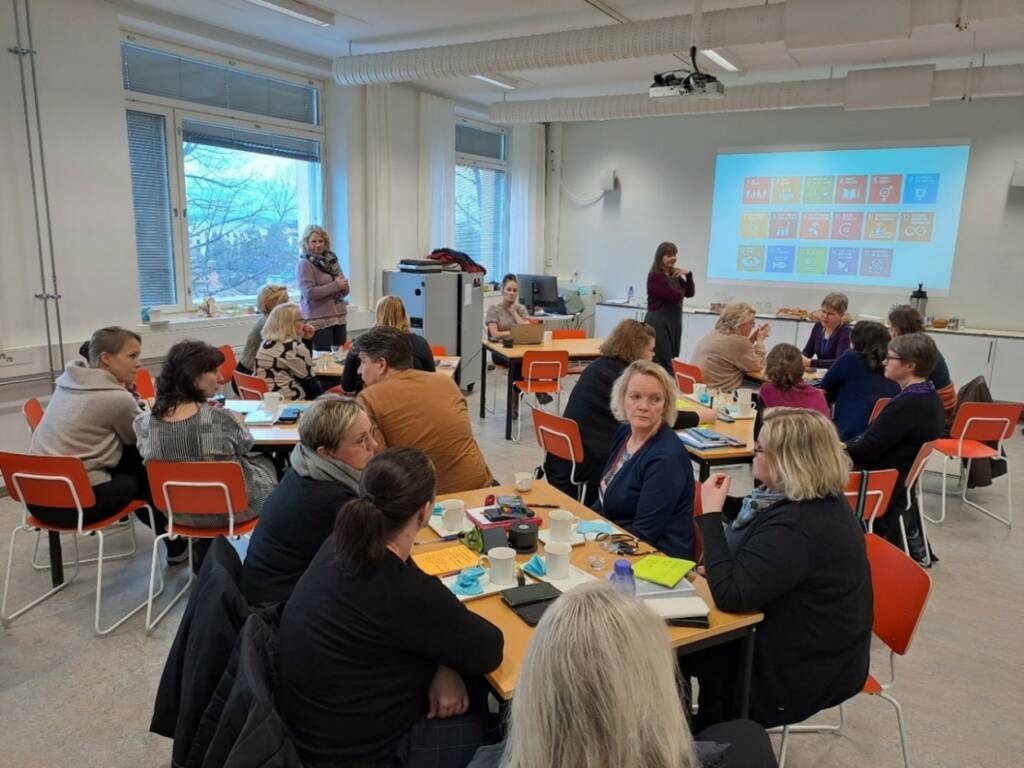
Conclusion
From the collected data, we can say, that here is a lack of quality, authentic training materials on ESD (this is a shared opinion of a larger part of the questioned teachers, experts, and policymakers). Possible solutions to this can be found in strengthening cooperation with working life through internships, authentic learning, visits, and projects, and through developing teacher’s competences of dealing with uncertainty and change (Future Literacy). Parallel to this, VET teachers need help in finding trustworthy learning resources and examples of successful pedagogical approaches in the context of VET. But one Dutch VET teacher of the research sample summarised the situation:
“System changes starts with the system – we cannot place the burden on the individuals.”
Let’s conclude this blog spot with a quote from one interviewed Swedish teacher:
“Teaching is not about transmitting knowledge, rather it is about life-long learning, personal change, to support the development of new understanding, and awareness.”
Text:
Barbora Jordánová
Project Manager
Erasmus+ Coordinator
Institute of Education and Communication
Czech University of Life Sciences Prague
Other photos: EduSTA project team members
